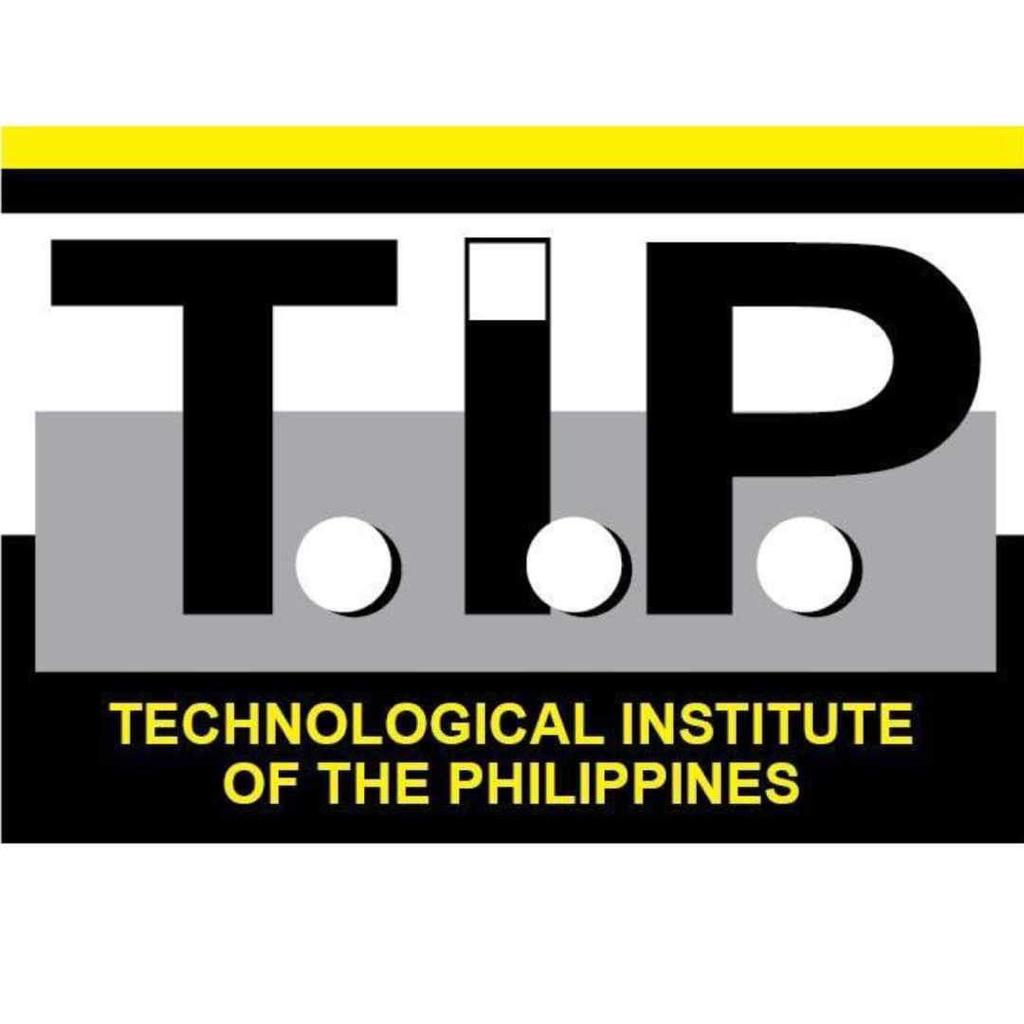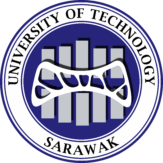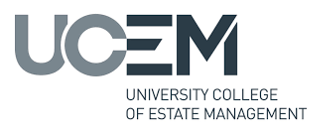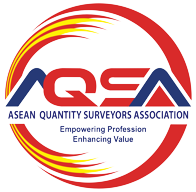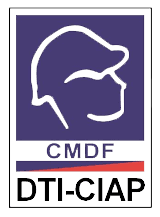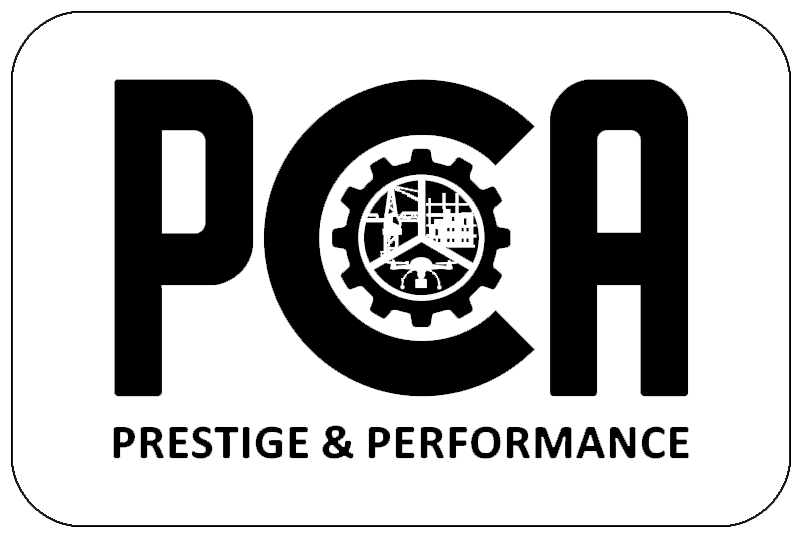About Us
It is an organization open to Filipino Citizens who are QS-trained Engineers. Representing body of Quantity Surveying in the Philippines
The founding of the Philippine Institute of Certified Quantity Surveyors (PICQS), Inc. is one that started from the vision of its Founder to make the Quantity Surveying trained Filipinos achieve a chartered status with internationally recognized QS professional bodies.
PICQS, Inc. is an all Filipino organization comprised of Members of the Royal Institution of Chartered Surveyors (RICS), Members of the Australian Institute of Quantity Surveyors (AIQS), Student and Trainee Members of the RICS, Chartered members of internationally recognized QS professional bodies, QS-trained Engineers who are working towards their QS Study, Assessment of Professional Competence (APC) and Assessment of Technical Competence (ATC) towards Chartered Membership.
It is an organization open to Filipino Citizens who are QS trained Engineers. Currently, it has about 2000 members worldwide with Chapters in United Kingdom, UAE, Oman, Qatar, Bahrain, KSA, NA(Canada, USA), Singapore, APAC (New Zealand, Australia, Malaysia, Indonesia, Brunei, Indochina) and the Philippines. It was incorporated in the Philippine Securities and Exchange Commission with its base territory being the Philippines.






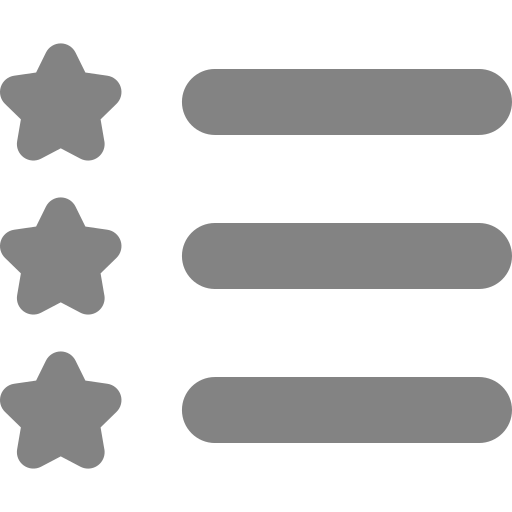



Vision
To be the representing body of Quantity Surveying in the Philippines, guided by its integrity, skills, expertise and excellence in carrying out its duties, to help the QS trained Engineers achieve chartered status as recognized by professional bodies.
Mission
- Uphold the standards of professional institutions of Quantity Surveying overseas, wherefrom the conferral of our professional status emanated;
- Unite local and overseas Filipino QS professionals under one national body and give recognition of their efforts and contribution to the discipline;
- Create affordable means for academic training, as well as provide resources for continuing professional development in Quantity Surveying; and
- Assist in achieving professional status for undertaking greater responsibilities.
Objectives
The Institution shall uphold the standards of professional institutions of Quantity Surveying overseas, wherefrom the conferral of our professional status emanated. And recognizing that not a few of our fellow graduates, particularly those from the field of engineering, are engaged in the varying roles in the practice of Quantity Surveying here and abroad, this Institution aims to;
- Unite them under one national body and give recognition of their efforts and contribution to the discipline;
- Create affordable means for academic training, as well as provide resources for continuing professional development in Quantity Surveying; and
- Assist them in achieving professional status for undertaking greater responsibilities.
This Institution also aims to represent our esteemed professional institutions abroad for national functions, such as supporting information drives and leading campaigns to promote Quantity Surveying as an academic curriculum in the national education system.
Definition of QS
A Quantity Surveyor is a construction professional whose main expertise is primarily to carry out an estimate, project cost control and quantity take off but whose duties also include commercial, risk and contract management to ensure that the party he works for gets the best value for money and to allow for a smooth project flow from inception to completion. He can be a Quantity Surveyor working for a Contractor, a Consultant or the Client.
DLSPI: QS Provider
Davis Langdon and Seah Philippines Inc (DLSPI): Provider in the Philippines of Structured Training in Quantity Surveying.
The Founder and about 60% of PICQS members have, at one point in their respective careers, been trained at DLSPI. In fact, all Corporate Members (who are now MRICS) and about 80% of the Probationer Members (who are currently working towards their APC), have been trained by DLSPI. Majority of the officers of PICQS are much a product of DLSPI.
The Founder herself started her career as a Quantity Surveyor in DLSPI where she rose from the ranks and became Assistant Vice President within 8 years, was sponsored to study a Post Graduate Diploma in Surveying at the College of Estate of Management, and was sent by DLSPI to attend the Graduation Ceremony in the UK to receive the Walfords Prize Award as the Best Student of the Year in the QS Division. The Founder had been personally mentored by the President of DLSPI, Mr. Alan Philip Hearn.
Quantity Surveying, a profession that originated from the United Kingdom, was not known in the Philippines until DLSPI, a QS firm that also originated from the UK, came to the country in 1982. And because the profession was practically unknown in the Philippines at the time, graduates of Civil Engineering Degree in the country, as well as graduates of Mechanical or Electrical Engineering (who take the role of Building Services QS), who joined DLSPI were trained as Quantity Surveyors and were taught the principles of Quantity Surveying. At present, largely due to the lack of QS education in the country, DLSPI continues to train staff, from starters to seniors, and integrates the trainings in the actual work.
The trainings focus on developing competence and work ethics and extend from pre-contract through to post-contract stage of projects that include, but not limited to: the proper measurement of Bills of Quantities, the use of standard methods of measurement, tender and contract documentation, the interpretation of Contracts, the proper assessment of variation claims and payment applications, and even exposure on arbitration cases.
The training provided by DLSPI led the way for 90% of PICQS Members, who have been under the employ of DLSPI, to gain employment abroad and international exposure. The main reason for this is that the training in DLSPI develops in local quantity surveyors the competency in quantity surveying that is necessary to keep them at par with quantity surveyors who had formal QS education. In fact, some prestigious QS professional firms and organizations would give an approval of an application if they know that the applicant comes from an approved employment and approved supervision, of which DLSPI is among the few large firms engaged in QS practice.
As a credible reference in the QS industry in the Philippines, it should be well-acknowledged that DLSPI not only introduced the practice in the country but remains as the leading provider of comprehensive QS training in the Philippines.
History of QS in PH
Until the early 1980s Quantity Surveying was practically unknown in the Philippines. In colleges and universities the course most related to Quantity Surveying is BS Civil Engineering, a well-known and an established engineering course in the country. Civil Engineering has very diverse application. This diversity opens various career opportunities to graduates, some of whom secure employment as Estimators or Cost Engineers in the country and abroad. With their work primarily involving construction cost, estimators and cost engineers have thus been doing a part of the Quantity Surveying profession. This is no less true for Mechanical or Electrical Engineering graduates from Philippines who undertake a part of the Building Services QS role.
The Quantity Surveying profession was first introduced in the country by Davis Langdon in 1982 when it had some commissions for one of the projects of Asian Development Bank. However, it became widely known as a profession only in the mid 1990s during the boom of the local construction industry. Davis Langdon was at the forefront for having an excellent record of providing the highest standards in professional consultancy services and commitment aimed at achieving quality client program objectives. They employed around 30 expatriates over various large developments in the Philippines with Filipino Engineers as their assistants.
Along with Davis Langdon, other international QS firms, such as DG Jones and Rider Hunt Liacor (now Rider Levett Bucknall) among others, have established their own offices in the Philippines.
During the Asian Crisis which started in late 1998, expatriates were forced to return to their home country leaving their Filipino assistants to take over their positions. Davis Langdon for one has developed structured trainings in Quantity Surveying for their Filipino staff to ensure that they are well-equipped in competently undertaking a proper QS role.
Despite the trainings acquired from Davis Langdon and other reputable QS firms, Filipino QS trained Engineers, or QS trained Engineers of some other nationalities for that matter, are not well-acknowledged by recognized QS professional bodies. To illustrate, it is a requirement by the Royal Institution of Chartered Surveyors (RICS) – based in the United Kingdom and the pioneer institution of QS professional bodies – from QS trained Engineers to undertake an RICS accredited course in order to become eligible to enter a route to chartered membership.
As of this writing, not one college or university in the Philippines is offering a course in Quantity Surveying, let alone a course accredited by RICS. In 2007, however, there was an effort to give a QS Training Course through the partnership between TIP-CCE school and Davis Langdon and Seah Philippines Inc. Unfortunately the training course did not push through as planned.
Furthermore, relative to the cost of college education in the Philippines, the cost of taking QS education from abroad is very expensive. Yet, some are fortunate enough to have an employer such as Davis Langdon to sponsor their QS studies.
With the steep rise of demand and good offers for quantity surveyors abroad during the mid 2000s, mainly because of the construction boom in the Middle East and elsewhere, the majority of Filipino QS trained Engineers were encouraged to embark on a career outside the Philippines. The training and experience they have gained from QS firms in the country meant that they already have the competency in quantity surveying that is necessary to keep them at par with other QS professionals who had formal QS education. This opened for them opportunities of employment abroad and international exposure.
Presently, it is important to highlight that some Filipino Quantity Surveyors have already achieved chartered status. And with financial capability that working abroad as a QS often provides, as well as essential QS experience, most QS trained Engineers have now the capacity to pursue QS education abroad (many from universities in UK) and work towards chartered status.
Our Board of Trustees
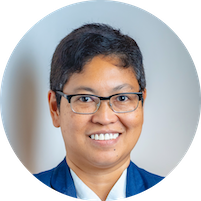
Julie Christie Dela Cruz
Chair & Founder
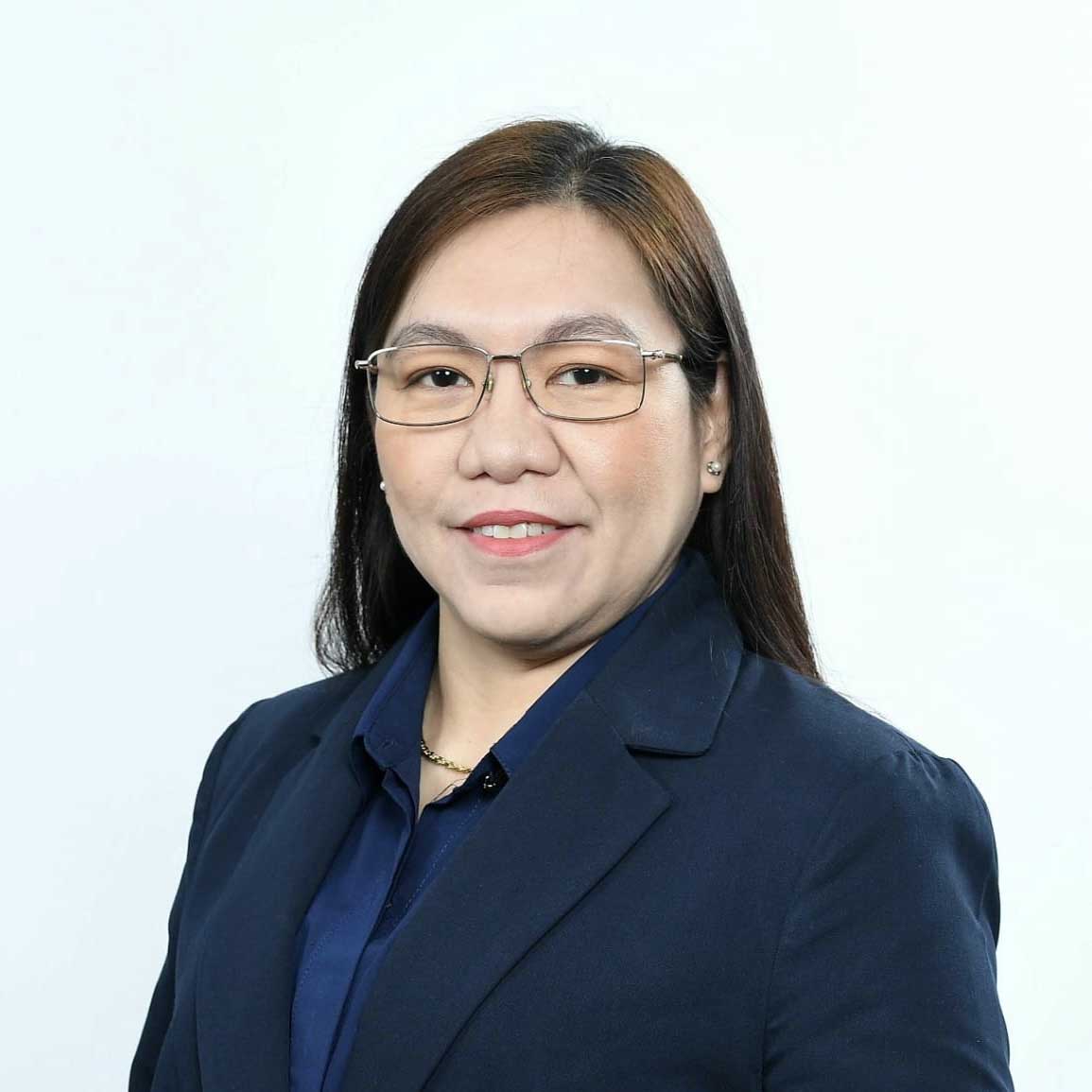
Asuncion Lopez
National President
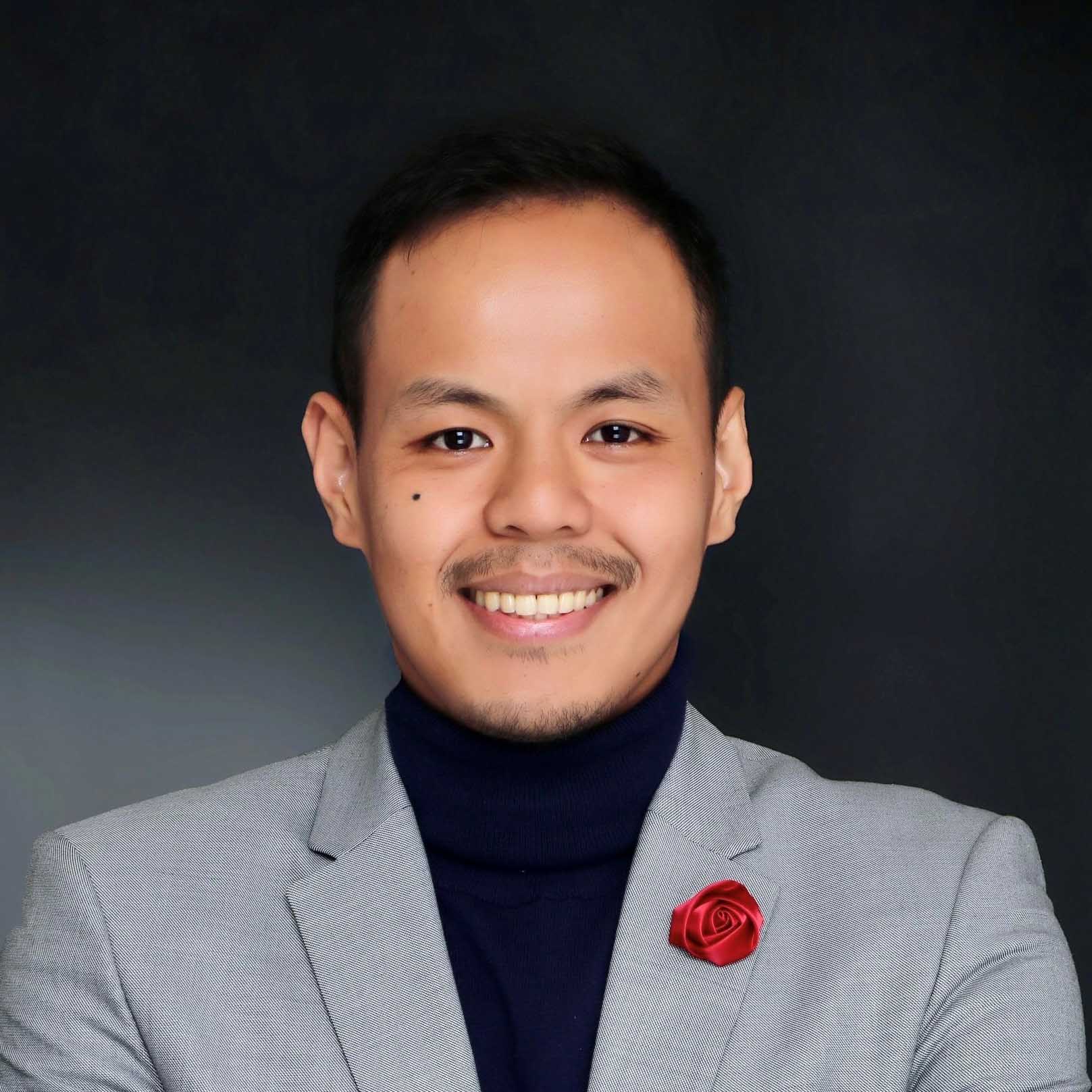
Jose Carlo Padilla
National Vice President
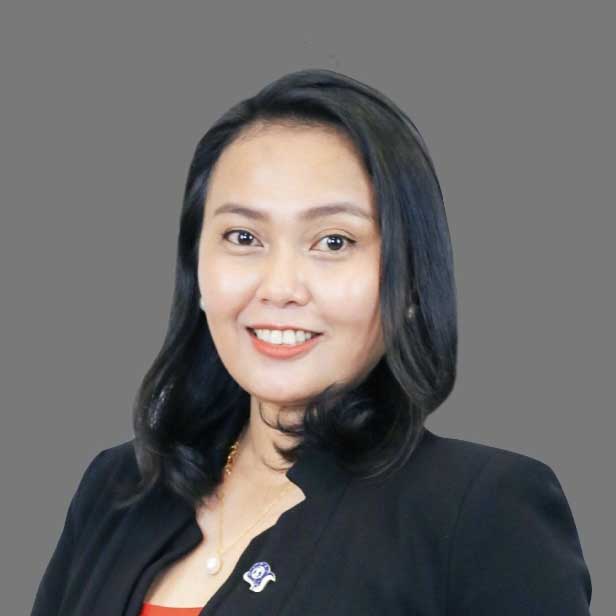
Arlene Joy Paredes
National Secretary
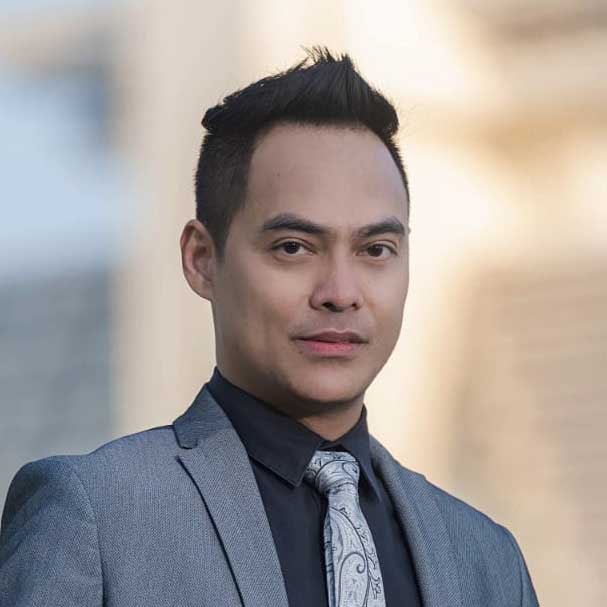
Emerson Serrato
National Treasurer
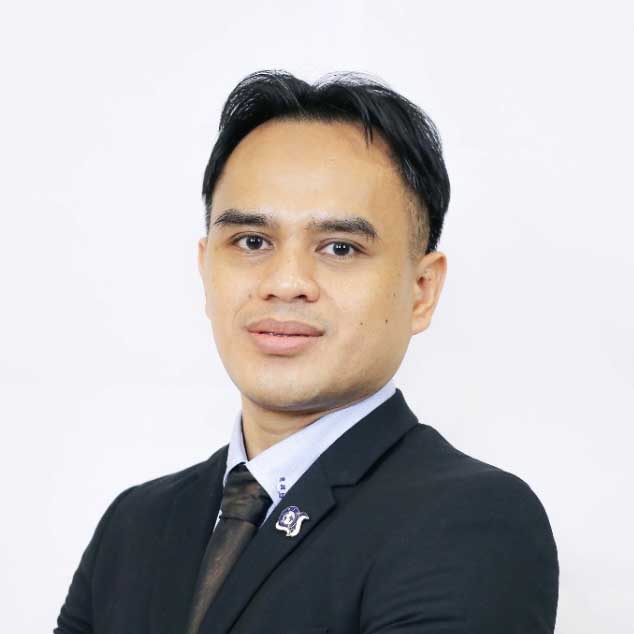
Silver Dela Rosa
National External Affairs
Chapters
Philippines
Singapore
APAC
North America
United Kingdom
KSA
UAE
Bahrain
Oman
Qatar
Chapter Presidents & Secretaries
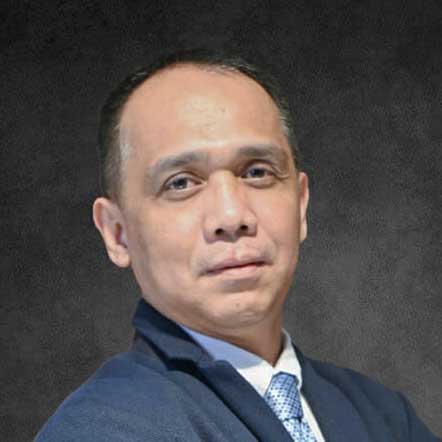
Christopher Umlas
Bahrain President
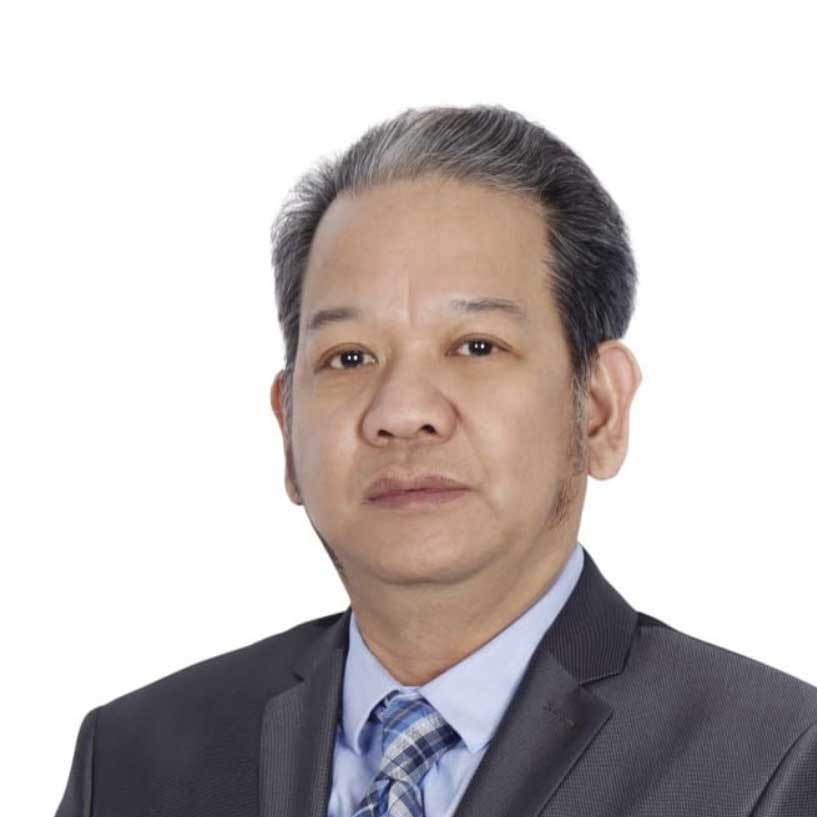
Luisito Carlos
KSA President
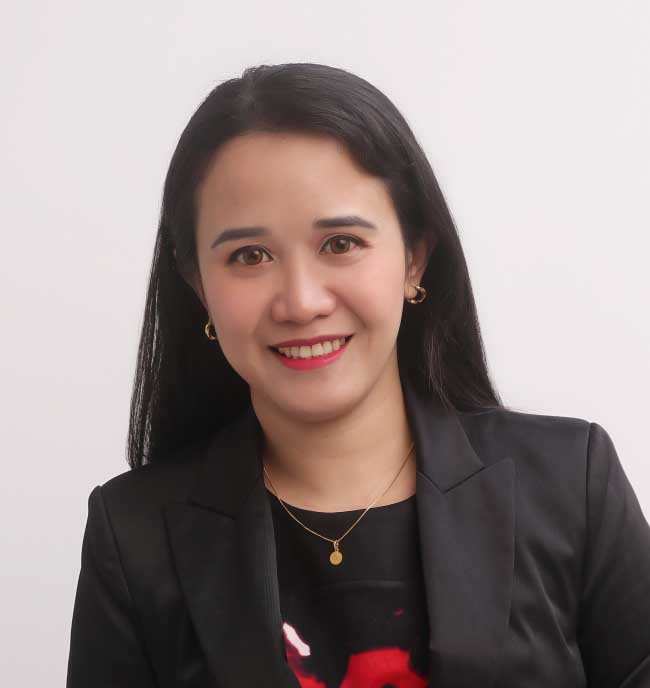
Diane Mae Bauzon
PH President
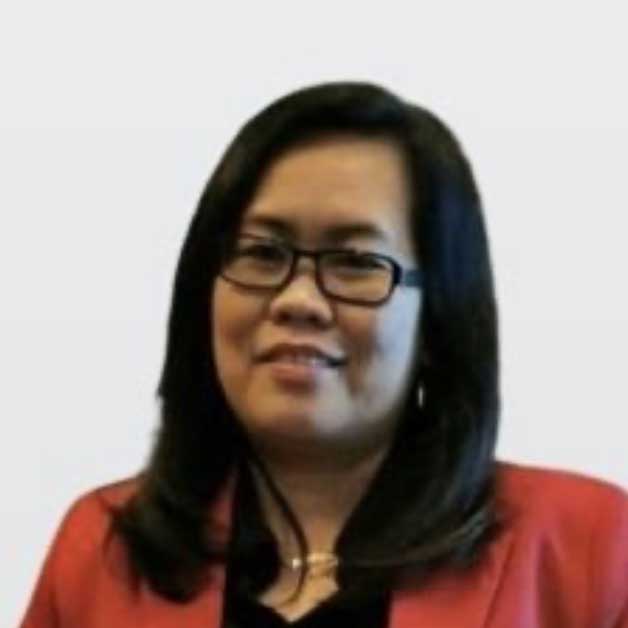
Yvonne Cabang
QATAR President
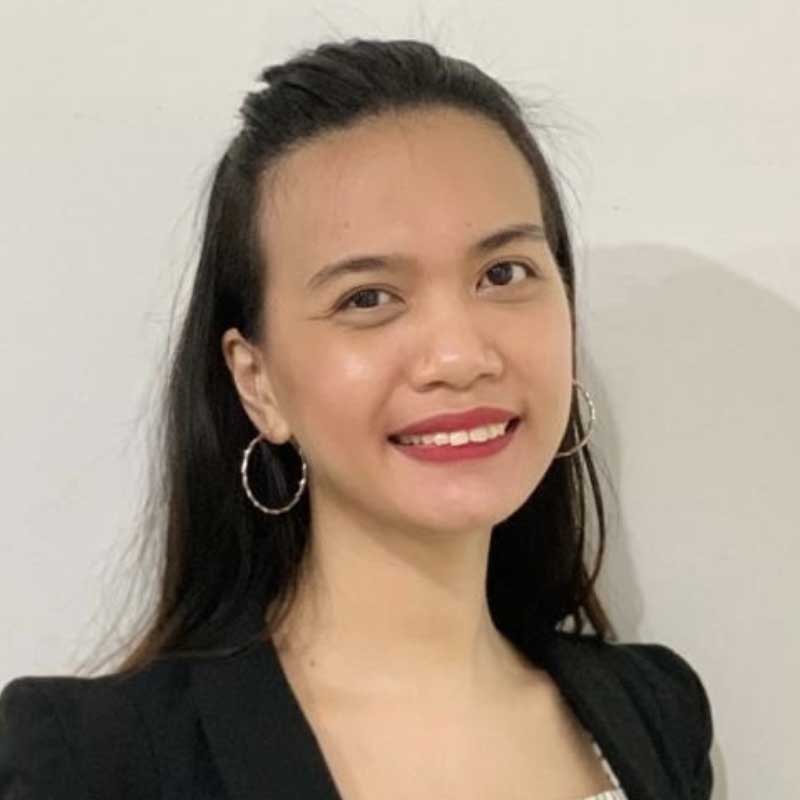
Anthea Valdez
SG President
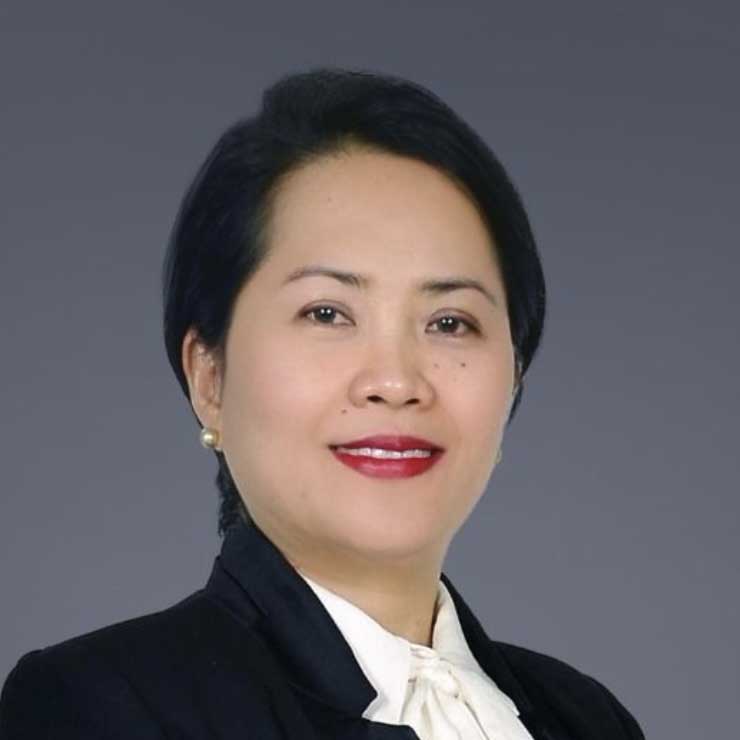
Noemi Culala
UAE & Oman President
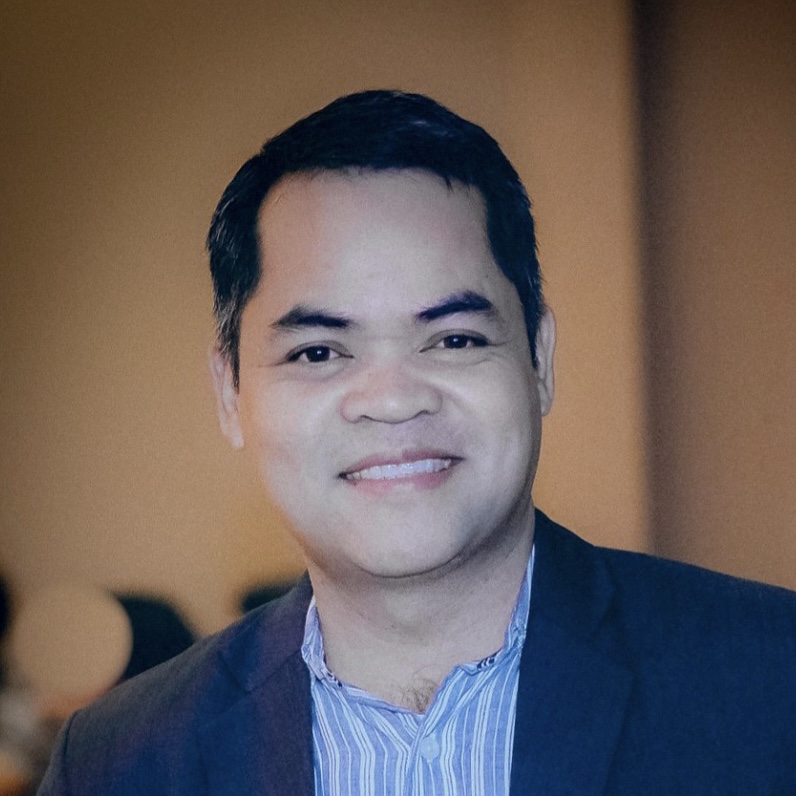
Joeric Banhaon
Bahrain Secretary
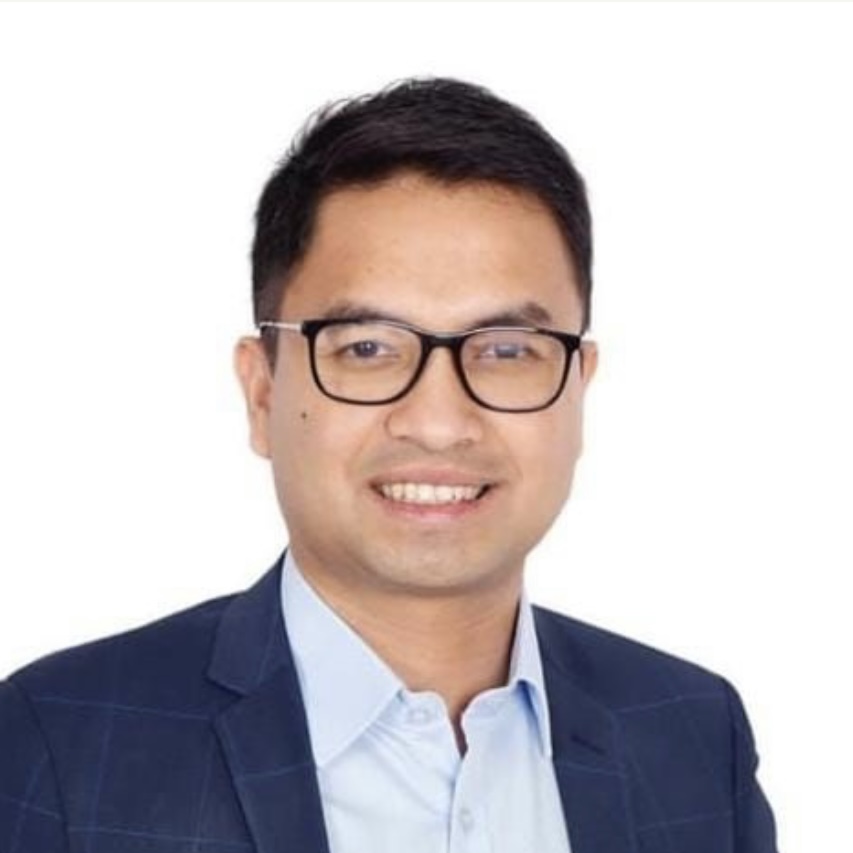
Cliff Vincent Quilat
KSA Secretary
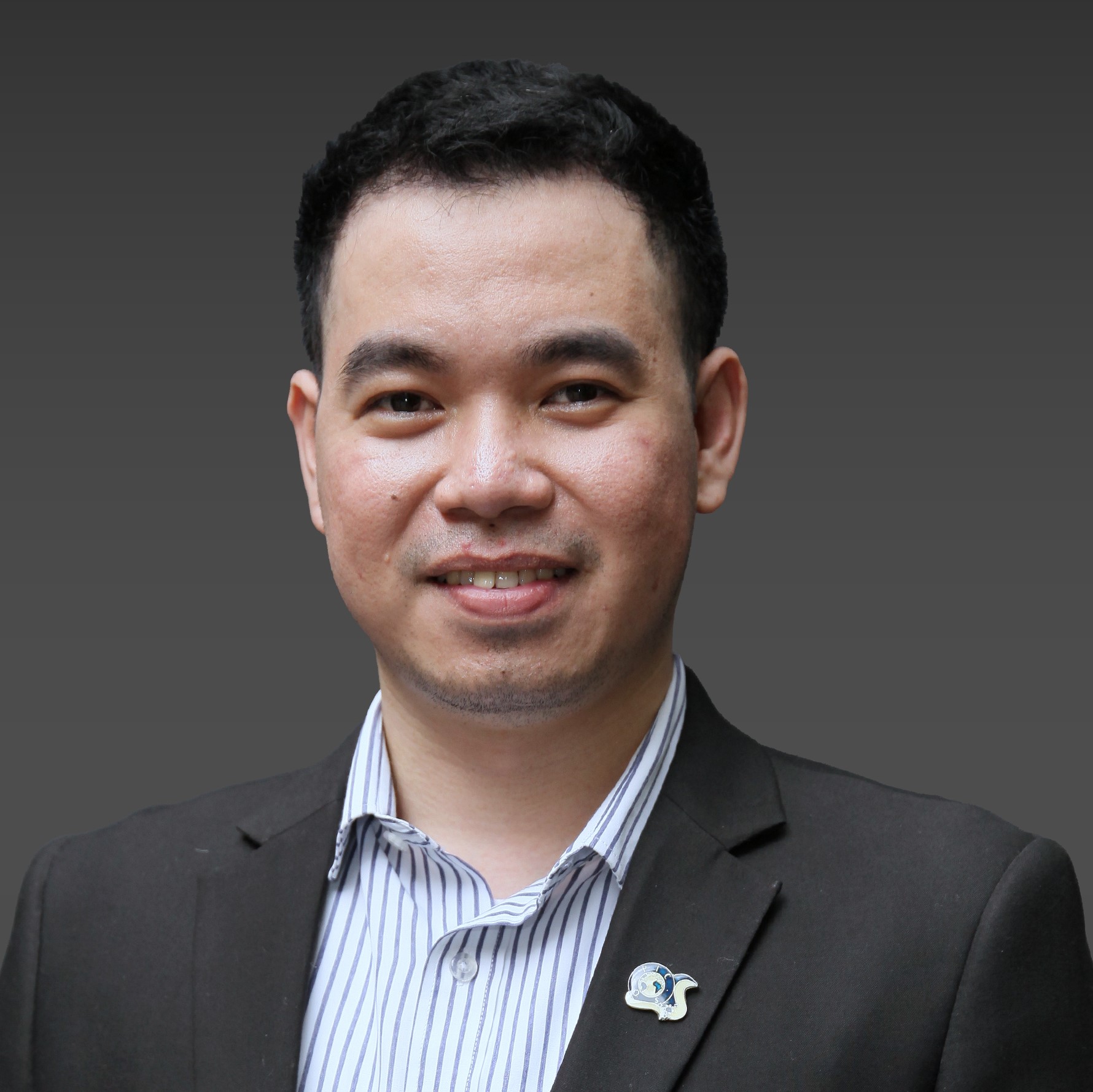
Richard Marcelo
PH Secretary
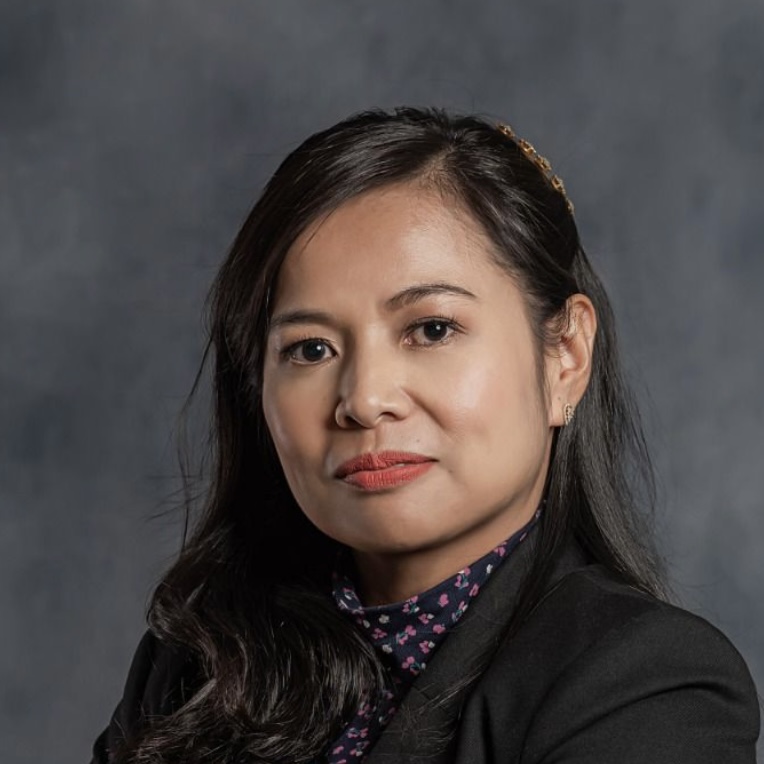
Dorie Pristin
QATAR Secretary
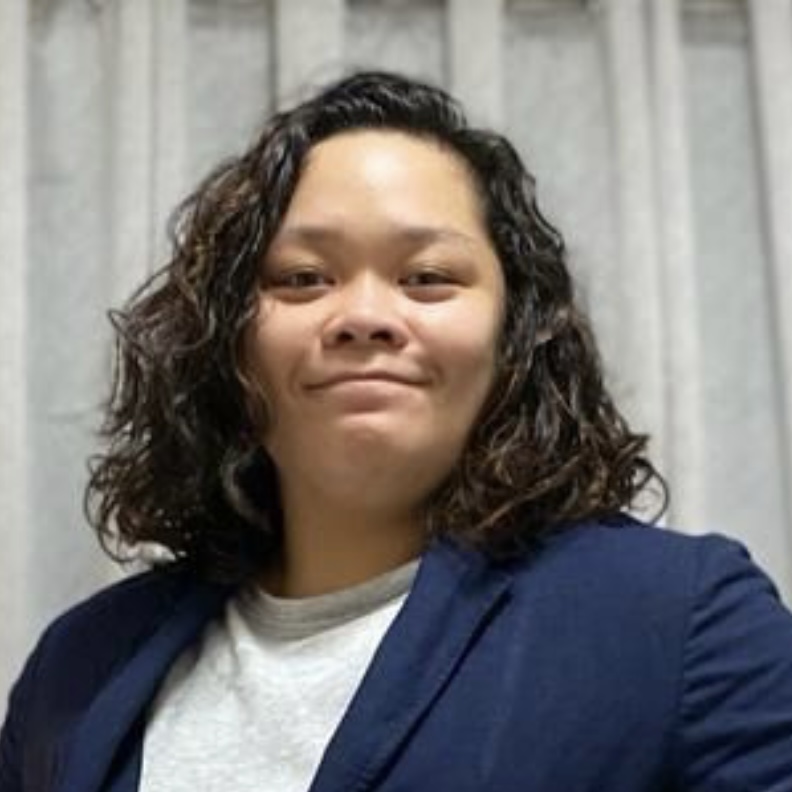
Gillourd Benito
SG Secretary

Ferdinand Guillemer
UAE & Oman Secretary
Academic Partners
